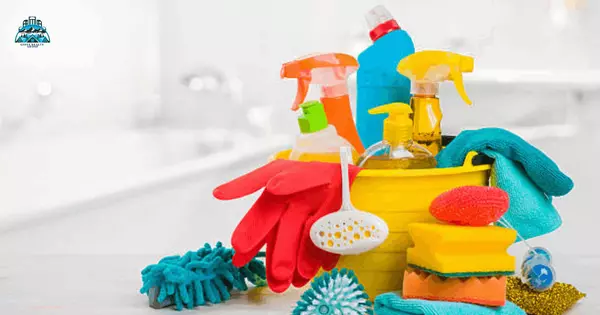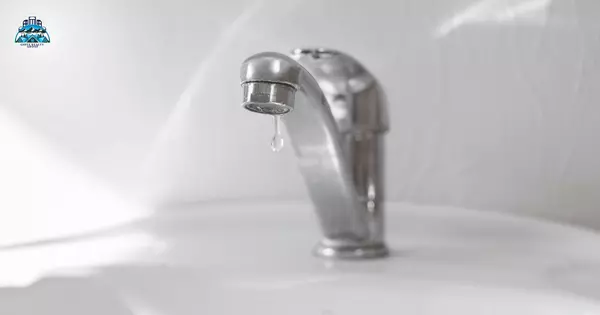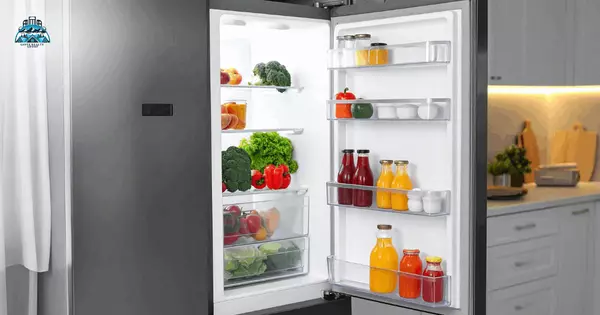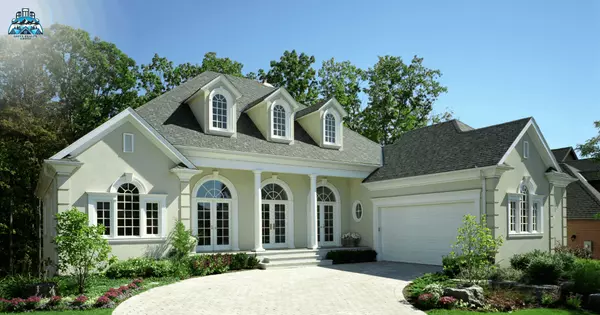
Why Regular Home Inspections Are Essential
Your home is one of your most significant investments, and maintaining its structural integrity is crucial to ensuring its longevity and safety. Regularly inspecting your home’s structure can help you identify and address issues before they become major problems. Here’s why regular inspections are e
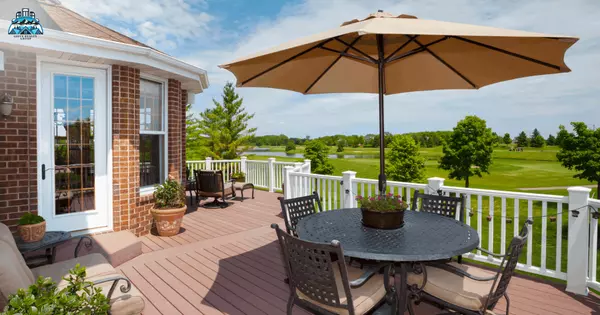
Essential Tips for a Beautiful Deck
A well-maintained deck not only enhances your home’s curb appeal but also provides a perfect outdoor space for relaxation and entertainment. Regular maintenance is key to preserving your deck’s beauty and longevity. Here’s a comprehensive guide to help you keep your deck in top condition. 1. Regular
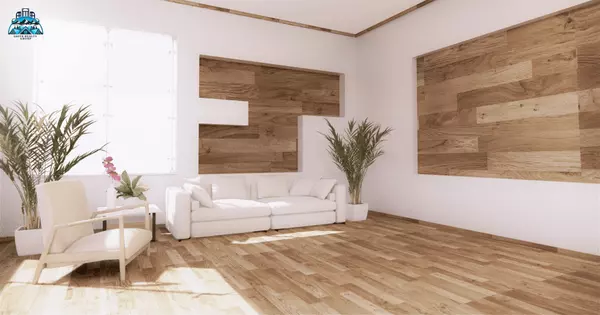
Choosing the Best for Every Room in Your Home
When it comes to choosing flooring for your home, it's important to consider both functionality and aesthetics. Different rooms have different needs, and selecting the right flooring can enhance the look and feel of your home while ensuring durability and ease of maintenance. Here’s a room-by-room g
Categories
Recent Posts



